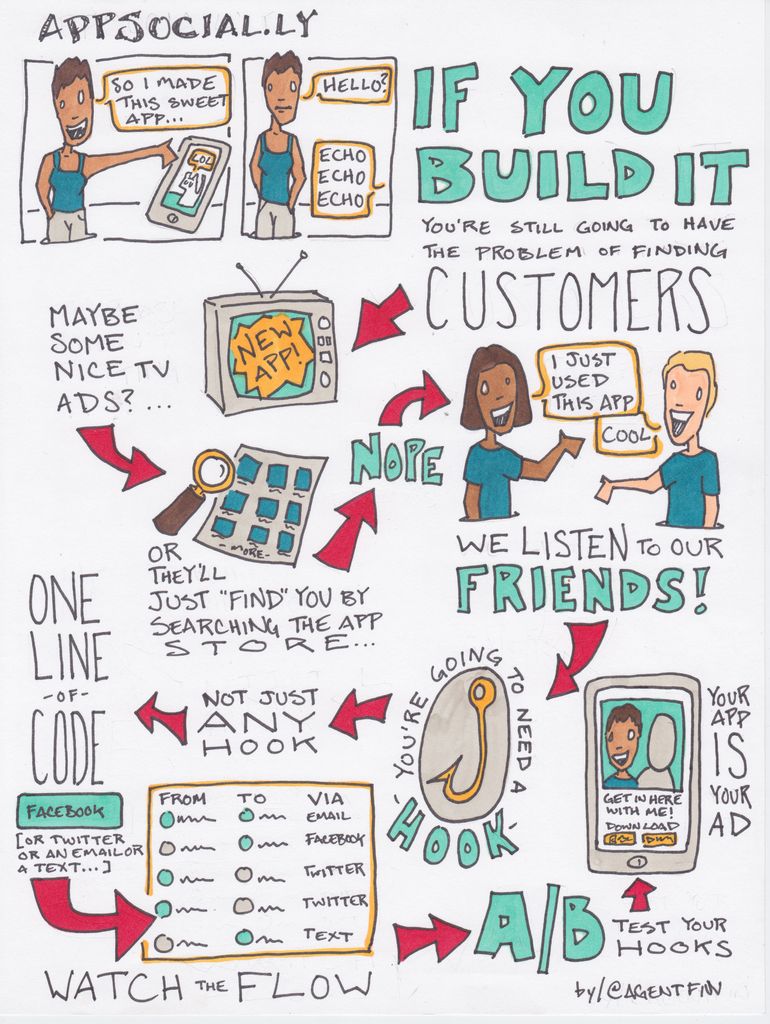Labor Unrest Fueled by Trump's Immigration Policy Hits U.S. Businesses Hard
Strict U.S. Immigration Policies Negatively Impact American Companies
By Christy Lou
Tap Here to Chat Share on FB Tweet Whatsapp Email
President Trump's hard-line immigration policies are causing serious damages to U.S. businesses, with the immigrant community - essential customers for retailers, restaurants, and consumer goods companies like Coca-Cola - opting to stay home due to fear of persecution.
Recent rumors of an Immigration and Customs Enforcement (ICE) raid in Los Angeles led to violent clashes over the weekend. Despite local authorities claiming to have the situation under control, Trump's administration has drafted thousands of National Guard troops. In the aftermath, a young man speaking to a reporter from the German Press Agency shared, "People aren't leaving their homes. They're not going to work because it's still a tense area."
People living without valid residence status, predominantly from Mexico and Central America but increasingly from Asia, Africa, and the Caribbean, have been in the U.S. for years, often decades. With about 10 to 11 million undocumented individuals in the U.S., close to a million in Los Angeles alone, Trump's government aims to arrest 3,000 "illegals" daily and deport millions[1]. This aggressive approach fuels an atmosphere of fear and uncertainty among consumers, as demonstrated by the reluctance of Latinos to venture out.
Struggling Sales
Fear of deportation, job losses, and inflation are forcing many to cut back on shopping and dining out[2]. The escalation of protests in LA has only worsened the situation, with many consumers reporting their family members too afraid to leave home without proper documentation. With business operations further hindered by curfews, street vendors, restaurants, and local grocery stores report losses up to 50%[2].
"Fear of deportation, reprisals, and rising prices cause these population groups to restrict their spending," says trade expert Jörg Funder[2]. He also notes that Trump's immigration policy affects large corporations producing goods popular among Hispanics, leading them to revise their sales forecasts downward. However, he cautions against attributing all sales declines solely to Trump's policies, as purchasing restraint across the U.S. – particularly among low-income groups – and changing consumption patterns are factors to consider[2].
Crucial Customer Base
Across the U.S., especially in Southern states, food and beverage manufacturers, producers of other consumer goods, restaurants, and retailers are struggling due to lost business from the Latino community. Coca-Cola, among others, has seen revenue decline in North America, partly attributed to the withdrawal of Latino customers due to geopolitical tensions stemming from U.S. immigration policies[3]. Similarly, Constellation Brands, Colgate-Palmolive, and Boston Beer have reported fewer earnings from Hispanic customers in North America, with some executives citing the harsh immigration policy as a reason[3].
Restaurant chains like El Pollo Loco are experiencing sales losses with this critical customer base[3]. To cope with the drops in foot traffic, CEO of shoe store chain Shoe Palace, RéGIS Schultz, noted the clear impacts of the immigration policy[3]. In Plum Grove, Texas, store owners report that parents, worried about Immigration and Customs Enforcement (ICE) agents, are sending their U.S.-born children to do their shopping[3].
Long-Term Consequences
Trump's immigration policy could lead to a looming labor shortage in key economic sectors such as construction, agriculture, and hospitality, where migrants primarily work for low wages[2]. If these workers are absent, higher wages for non-migrants would have to be paid, which would ultimately be passed on to consumers in the form of price increases. Over time, this could indirectly impact businesses across all industries.
Source: ntv.de, with dpa
- Los Angeles
- Immigration Policy
- Protests
- Trade
- Coca-Cola
- Hospitality
- The escalating tension and fear caused by President Trump's immigration policy may necessitate revisions in employment policies within businesses, as the immigrant community, a significant consumer base for retailers and consumer goods companies, is avoiding venturing out due to perceived risks.
- In the upcoming financial quarter, there may be a need for businesses to address potential losses in their general-news and finance sectors, considering the decline in sales from Hispanic consumers due to Trump's immigration policy. These macroeconomic factors could ultimately influence various business and employment policies moving forward.




